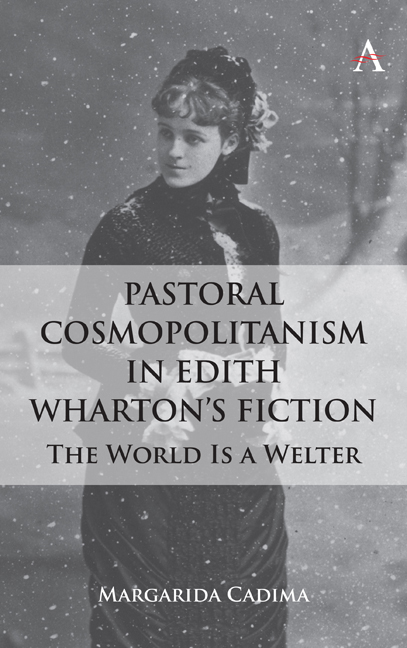Chapter 5 - French Gardens and Their Meaning
Published online by Cambridge University Press: 28 February 2024
Summary
Lily Bart's Monte Carlo Casino Garden
In Garden Plots (2006), Shelley Saguaro notes that there are “many books of fiction, poetry, and prose over the centuries which, while not always obviously or even primarily about gardens, use them as a crucial and integral part of the whole.” The House of Mirth, as we have seen, exploits Bellomont to situate Lily as a rash and imperfect reader of American nature's signs. Her struggles to decipher accurately cultural and topographical designs are magnified by the sheer scale and ornamentation of overseas gardens, especially those synonymous with the Côte d’Azur. As critic Nancy Von Rosk points out, in the opening of Book II, Selden and Lily find each other in an idyllic landscape, one far removed from all activities relating to the humdrum business of the American frontier—the material provision of life. “It came vividly to Selden on the Casino steps that Monte Carlo had, more than any other place he knew, the gift of accommodating itself to each man's humor.” This “gift” first of all implies the social and technical developments (improved roads, railway networks) that made this stretch of coastline more accessible and appealing to affluent overseas visitors. The “gift” of experiencing this region reminds us of Renato Poggioli's theory about the “psychological root of the pastoral,” which is “a double longing after innocence and happiness, to be recovered not through conversion or regeneration but merely through a retreat.” The importance that Selden ascribes to the Monte Carlo Casino Gardens “retreat” is anchored in how the locality speaks to “the holiday vein in human nature”—it “struck refreshingly on a mind jaded by prolonged hard work in surroundings made for the discipline of the senses.” Selden's sense of escape from a dispiriting, even Puritanical American scene of “prolonged hard work” carries a faint echo of Nathaniel Hawthorne's famous denunciation of labor as “the curse of this world” because “nobody can meddle with it, without becoming proportionably brutified.” However, implicit in the Riviera episodes is a sense of how entitled, self-absorbed American travelers can become “brutified” through dogged adherence to inhuman snobberies, or hierarchies of value whose cruelty—seen in the lack of empathy for figures like Lily—is magnified by the glamorous foreign setting. The gardens here throw into sharper relief a spiteful underside of expatriate privilege and patronage. Such somber reflections do not vex Selden at this time.
- Type
- Chapter
- Information
- Pastoral Cosmopolitanism in Edith Wharton's FictionThe World is a Welter, pp. 49 - 62Publisher: Anthem PressPrint publication year: 2023



